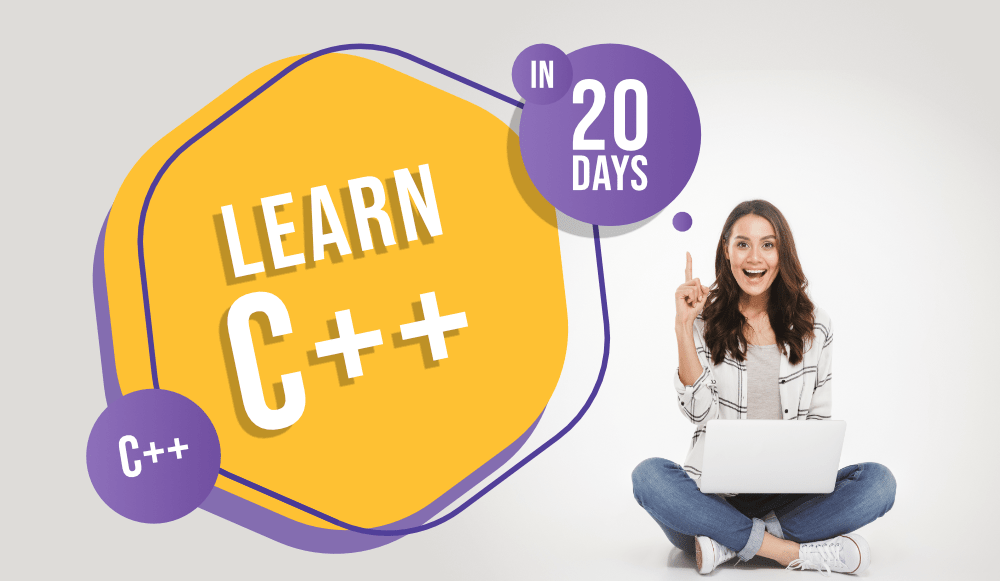
Mastering C++ Fundamentals: A Step-by-Step Guide
So, you’ve decided to embark on the journey of learning C++, one of the most powerful and versatile programming languages out there. Congratulations! Whether you’re a beginner diving into the world of coding or an experienced programmer looking to expand your skill set, mastering the fundamentals of C++ is a rewarding endeavor. Here, we’ll delve into some essential tips and strategies to help you along the way.
Building a Strong Foundation
First things first, let’s talk about building a solid foundation. Like constructing a sturdy building, learning C++ requires a strong base. Start by familiarizing yourself with the basic syntax, data types, and control structures. Don’t rush through this stage—take your time to understand the core concepts thoroughly. Online tutorials, textbooks, and coding exercises are excellent resources to aid you in this process.
Embrace Practice and Hands-On Learning
They say practice makes perfect, and this couldn’t be more true when it comes to learning C++. The best way to solidify your understanding of the language is to get hands-on with coding. Create small projects, tackle coding challenges, and participate in coding competitions if you’re feeling adventurous. The more you practice, the more confident you’ll become in writing C++ code.
Explore Online Resources and Communities
In today’s digital age, there is a wealth of online resources available to C++ learners. From video tutorials on platforms like YouTube to interactive coding platforms such as Codecademy and LeetCode, the options are endless. Join online forums and communities where you can ask questions, share knowledge, and connect with fellow learners and experienced programmers alike. The C++ community is known for its helpfulness and willingness to assist newcomers.
Understand the Importance of Memory Management
One of the defining features of C++ is its manual memory management capabilities. While this gives you more control over how memory is allocated and deallocated in your programs, it also comes with its challenges. Make sure to grasp concepts such as pointers, references, and memory allocation/deallocation operators. Understanding memory management is crucial for writing efficient and bug-free C++ code.
Dive Deep into Object-Oriented Programming (OOP)
C++ is renowned for its support of object-oriented programming (OOP), a paradigm that allows you to model real-world entities as objects with properties and behaviors. Take the time to understand classes, objects, inheritance, polymorphism, and encapsulation—the pillars of OOP in C++. Mastering these concepts will enable you to write modular, reusable, and maintainable code.
Stay Updated with Modern C++ Features
As C++ evolves, new features and improvements are introduced to the language. Stay updated with the latest developments by reading books, following C++ blogs, and exploring online resources dedicated to modern C++ programming. Features such as lambdas, smart pointers, constexpr, and range-based for loops can greatly enhance your coding experience and productivity.
Debugging Like a Pro
Let’s face it—bugs are an inevitable part of programming. Learning how to effectively debug your C++ code is a valuable skill that will save you hours of frustration. Familiarize yourself with debugging tools such as GDB, Visual Studio Debugger, or even print statements for simpler cases. Understanding how to step through your code, analyze variables, and trace program flow will make you a more efficient programmer.
Seek Feedback and Learn from Mistakes
Don’t be afraid to show your code to others and seek feedback. Whether it’s from online forums, coding buddies, or mentors, getting a fresh pair of eyes on your code can uncover bugs, suggest improvements, and provide valuable insights. Embrace constructive criticism and learn from your mistakes—it’s all part of the learning process.
Building Projects to Apply Your Knowledge
Finally, one of the most effective ways to reinforce your C++ skills is by building projects. Whether it’s a simple text-based game, a data manipulation tool, or a more complex application, putting your knowledge into practice is invaluable. Not only will you gain hands-on experience, but you’ll also have tangible projects to showcase to potential employers or on your portfolio.
In conclusion, mastering the fundamentals of C++ is a fulfilling journey that requires dedication, practice, and a thirst for learning. By following these tips and strategies, you’ll be well on your way to becoming a proficient C++ programmer. So, roll up your sleeves, fire up your favorite code editor, and let’s dive into the exciting world of C++ programming! Read more about tips for learning c++
